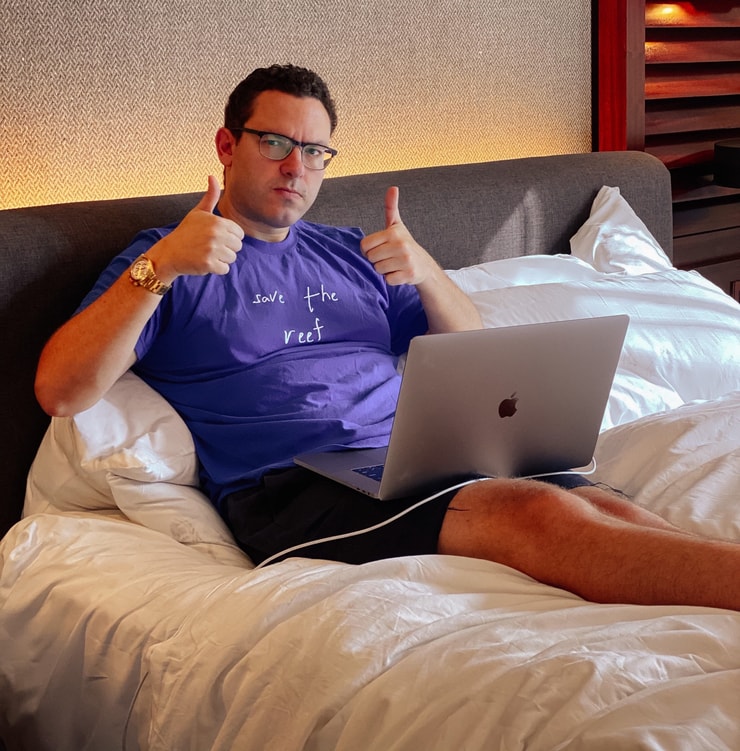Getting Over The Hump
The worst thing you can do as a trader is to forget about your losses. Some people will drink to forget, beat themselves up emotionally, and take it out on others after suffering a big loss.
But the truth is, losing is your friend.
I know that sounds crazy, so allow me to explain.
Every trade you exit, win or loss, should be a learning lesson. However, I believe your losses will teach you more about who you are as a trader and where you want to go.
Why?
A loss will often point out what you’re doing wrong.
For example:
- Did you size into the trade incorrectly?
- Did you follow your trading rules?
- Was your thesis wrong?
- Were you in the right mindset?
- Was it one of your A+ setups, or did you style drift?
- Is it a trend or setup currently working in the market?
- What was your confidence level?
- Did something scare you out of the trade?
- Were you too greedy?
- Were you too stubborn about taking a loss?
- Were you impatient about the trade?
By analyzing your losses, you force yourself to answer these questions. In turn, you’re discovering your flaws.
The easiest way to becoming a break-even trader isn’t learning a new strategy. It’s actually figuring out what you are doing wrong and eliminating it.
Many of my millionaire students were not successful their first couple of years, and if you saw their results, you wouldn’t have thought they’d become millionaires.
But what makes them different from the others who fail is that they studied their losses and eventually stopped making the same mistakes.
Jack Schwarze, one of my millionaire students, consistently lost his first three years. He’s now meticulous when it comes to explaining the what and the why behind his trades.
Kyle Williams, another one of my millionaire students, records all his trades, and can tell you what his win-rate is and risk vs. reward ratio is.
Tim Lento is not shy to tell people he only trades two patterns well. When takes a big hit on a trade, it’s usually because he traded something out of his wheelhouse.
That’s why it’s critical you don’t run away from your losses. They will teach you more about yourself than any win will.
I can’t stress it enough.
The HW Assignment I Gave To Conference Attendees

At the end of the first day of the conference, I gave each attendee a homework assignment. I want to share it with you if you didn’t get a chance to make it to Miami.
Here it is:
Write down three of your strengths and three weaknesses as a trader.
If you want to join the ranks and be my next millionaire student, you have to know what you’re good at and where you’re struggling. First, eliminate all the garbage that isn’t serving you. Then focus on your strengths.
Have a set of questions like the ones I mentioned above to help you analyze your trades. And become an honest critic of your trades. Stop thinking about trades as good vs. bad based on whether you made money or lost on them. Start asking deeper questions and strive to find the answers.
More Breaking News
- American Airlines Experiences System Outages and Ground Stops Amid Holiday Turbulence: What’s Next?
- SOFI Stock Rides Higher After Landmark Membership Achievement: What Does It Mean For Investors?
- Is TeraWulf’s Strategic Expansion Driving Stock Growth or Creating a Bubble?
You want to analyze your stock plays like how some people analyze fantasy football. Become a stats junkie. The best traders know their setups and when they should push it. You can only do that once you have the stats to back it up.
Bonus HW Assignment

I also gave attendees a bonus homework assignment, which I’ll also share with you here.
Write Down One Big Goal.
Studies show if you have a goal you’re more likely to stay committed to it. In addition, you’ll be more productive and accomplish more. The key is to give yourself a BIG enough goal to shoot for.
You’ll have naysayers and haters along the way. But as long as you have tunnel vision, nothing can stop you.
Lastly, stay patient. Everyone is running their own race. Don’t get discouraged and stay positive. You’ll be surprised at how quickly you’ll be able to scale up once you’ve lasered in on your strengths and weaknesses.

Leave a reply